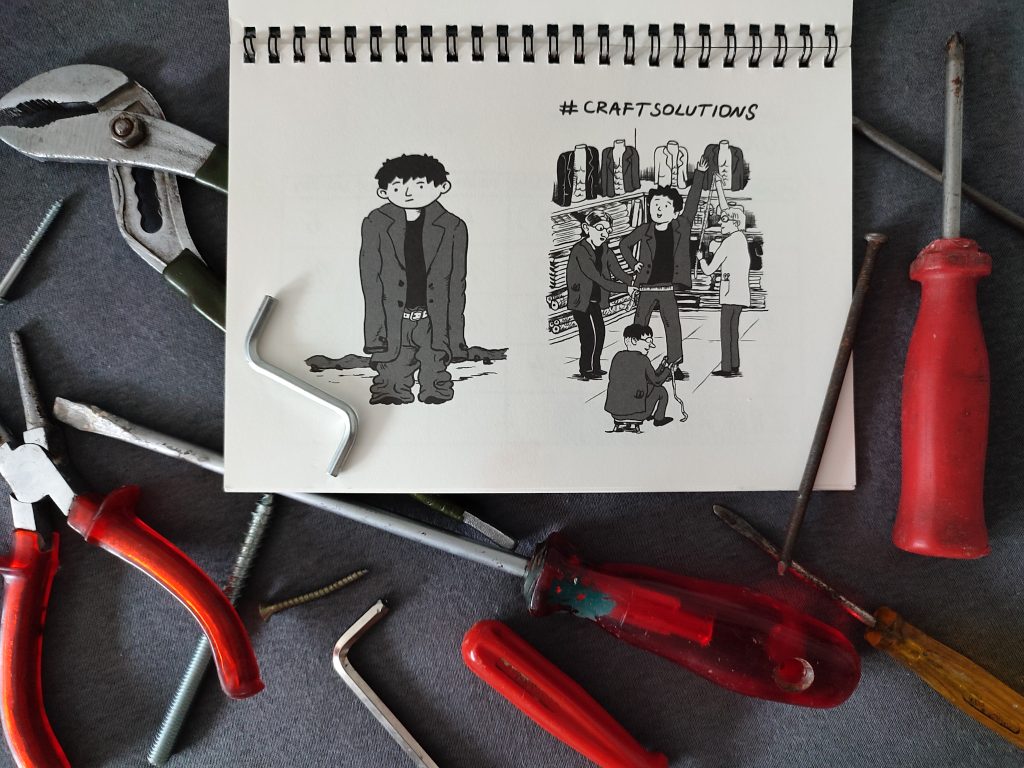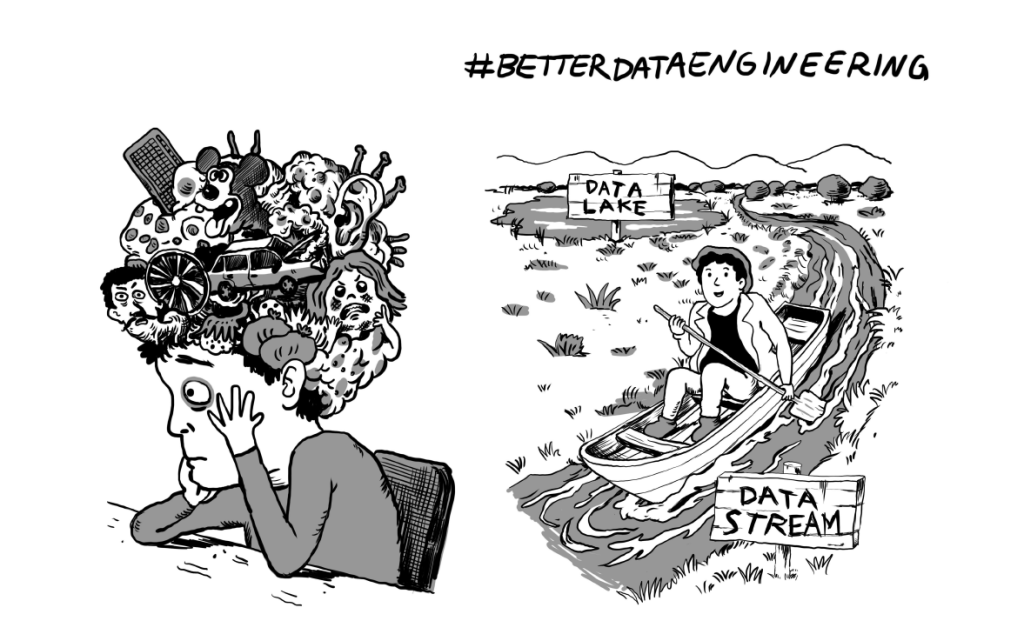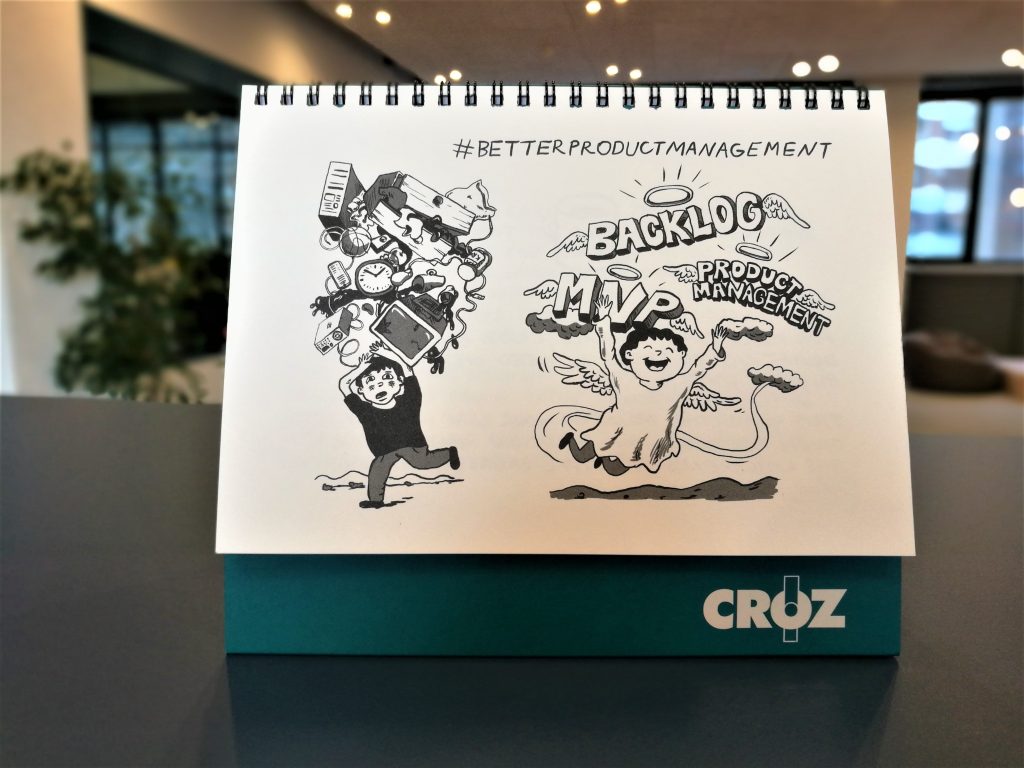Work-life balance is hard to find and even harder to maintain. There is a thin line between working hard and being a workaholic, as well as between well-deserved rest and being lazy. Still, without a good work-life balance, both individual’s health and the quality of the work they produce will suffer a great deal.
Work-life balance is often both our best friend and our worst enemy. Although a lot of employees like the flexibility and the ability to use the technology to work anywhere, anytime – that also means they can work anywhere, anytime. Always online, no office hours, no rest days. Consequently, this leads to longer working hours, which end up in less time to enjoy personal hobbies or be more present at home. Even the most engaged employees may still be struggling to find balance between these areas of their lives. In the environment like that, we need to know when to work hard and when to disconnect completely and rest.
Why is work-life balance so very important, for both employees and employer as well?
Research shows that greater work-life balance means better performance, higher job satisfaction as well as more productivity. If employers pressure their employees, work-life conflicts may appear, and because of that – employees are more likely to leave the organization in the long run.
One of the many factors that is contributing to job dissatisfaction and high-stress levels is working hours. Contrary to popular beliefs, it has been found that individuals who work from home have a higher work-life imbalance. Working from home may be relaxing for some, while others find it more stressful when they bring work into what was previously relaxed and comforting place where they could’ve focused on their private life.
Moreover, not only does work-life imbalance impacts badly on one’s productivity and health, but it also lowers a persons’ self-esteem, which creates a vicious cycle of high stress, unsatisfied private life, and lack of personal fulfillment.
More rest means more productivity
Not every employer wants to see their employees exhausted, passive and fed up with their work. Well rested and motivated employees are more engaged, and they bring more value to the morale and the community that they are a part of. When employees are engaged, they are more productive, they go the extra mile and are overall more committed to the work they are doing.
On that note, vacations create positive emotions, remove negative thoughts and experiences, and decrease the physical and mental effects of stress. That’s why vacations are a key part of workplace productivity, and they promote the work culture that can bring better work-life balance to their employees. Rested employees are more productive employees and taking a vacation does reduce stress, helps prevent burnouts and creates more quality time both at work and in private life. In conclusion – making the most out of the vacations and time off work will benefit both employees’ work and private life.


